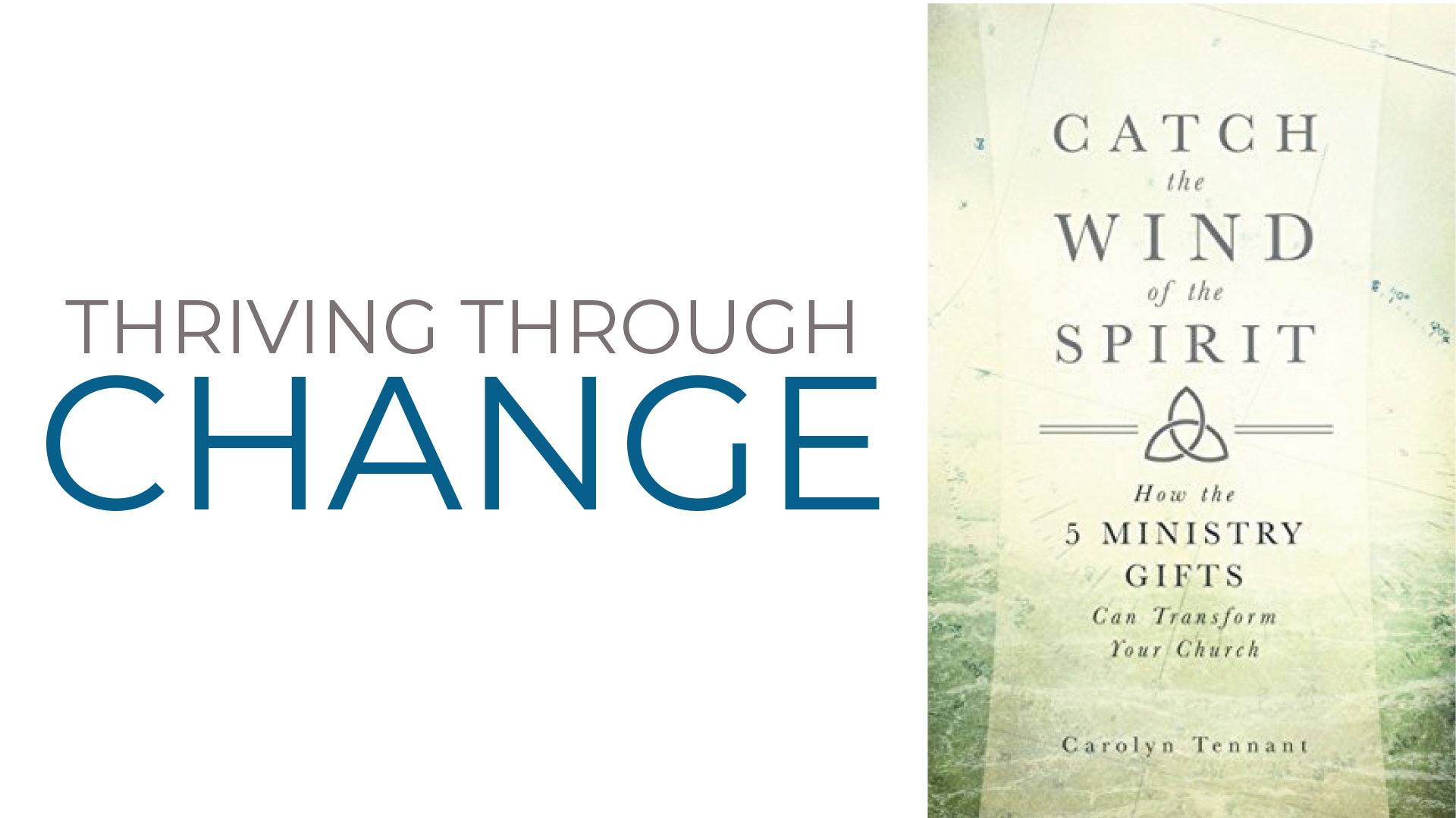
19 Sep Thriving Through Change
[3 minute read]
by Guest Contributor, Dr. Carolyn Tennant
We must first put down what we know before we can pick up what we haven’t yet tried.
If we would all embrace the concept of letting go and taking a step back, we would be much better off. There are things that just need to slough off our bodies such as dead skin, toxins, and waste, and this goes for life in general. Many times we grieve and throw a fit when God takes something away from us. He’s just doing it for our own good; pruning us a little bit. We must first put down what we know before we can pick up what we haven’t yet tried. This goes for individual believers and for the church as a whole. The church is meant to be organic, alive, growing, and changing. Sometimes it’s difficult to make the changes we should because someone has clutched on to a program and is holding it too tightly. At times the person doesn’t need to change but what they oversee does. Unfortunately, people often take it as an affront when others ask them to modify or transform something they lead.
I remember in one church where I ministered I said: “What would happen if you just had a big funeral service for everything you’re currently doing in the church? Bury it all! Then start afresh. Think about what your people require. How can this best be accomplished? We don’t have to do it the same way over and over and over again!” Programs ought to be based upon what people need to grow in their Christian lives and not be established upon tradition, habit or rote. People change and so should the church, as the Spirit directs.
To be honest, many of us find change unnerving. Rather than embracing these times, we often find it difficult to make the necessary modifications to navigate the shifting waters successfully.
Numerous dysfunctional outcomes can result from change: denial, anger (demonstrated overtly or subtly concealed), a sense of loss, mourning, refusing to move ahead into the next phase, holding onto the past as an ideal, withdrawal, shifting blame to others, missing God’s best timing, demonstrating fear or annoyance.
Part of the problem seems to be our inability to lay down past things so we can pick up new ones. The old is comfortable and we understand it. Therefore, setting it aside before we can experience what it’s like to pick up the new is unsettling. It strikes at our sense of importance and security. We want to try things out while holding onto the past. However, we rarely have this opportunity. We must first put down what we know before we can pick up what we haven’t yet tried. If we attempt to hold both, we’ll fumble them both.
The church today has a challenge. We can’t lose our ancient roots of truth. On the other hand, we can surely let go of a wide variety of optional practices, attitudes and customs. These are keeping us from renewal, from being the active body of Christ that God intends. Simultaneously holding a rootedness in God and finding a creative expression of His love and work today is what makes for a healthy church.
Excerpt from Keys to the Apostolic and Prophetic: Embracing the Authentic—Avoiding the Bizarre
Guest contributor: DR. CAROLYN TENNANT
Carolyn Tennant teaches in the Doctor of Ministry program at the Assemblies of God Theological Seminary in Springfield, MO. She is well- known for specializations such as church revivals, the five-fold ministries, C.S. Lewis and spiritual formation. Carolyn also served as a professor and vice president at North Central University in Minneapolis. Carolyn is the author of Catch the Wind of the Spirit: How the 5 Ministry Gifts Can Transform Your Church as well as Keys to the Apostolic and Prophetic: Embracing the Authentic – Avoiding the Bizarre, which she co-authored with Dr. Joseph Girdler, the Kentucky District Superintendent.

No Comments